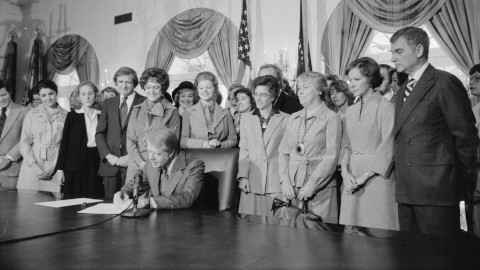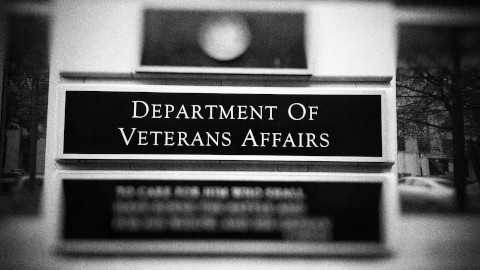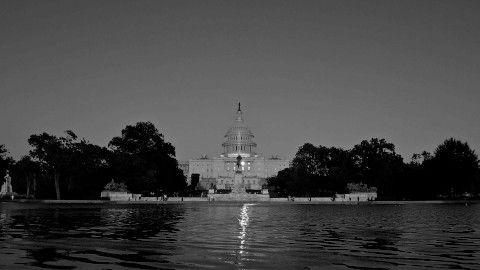This morning, the Kansas Supreme Court heard oral argument via videoconference in Kelly v. Legislative Coordinating Council. In Kelly, Kansas Governor Laura Kelly is challenging the Legislative Coordinating Council’s (LCC) attempt to overturn her recent order limiting all gatherings in the state, including most religious gatherings, to no more than 10 people.
The Twitter News headline for the story claimed that the hearing was held to “discuss church gatherings,” and many people took that claim at face value. But it’s wrong.














